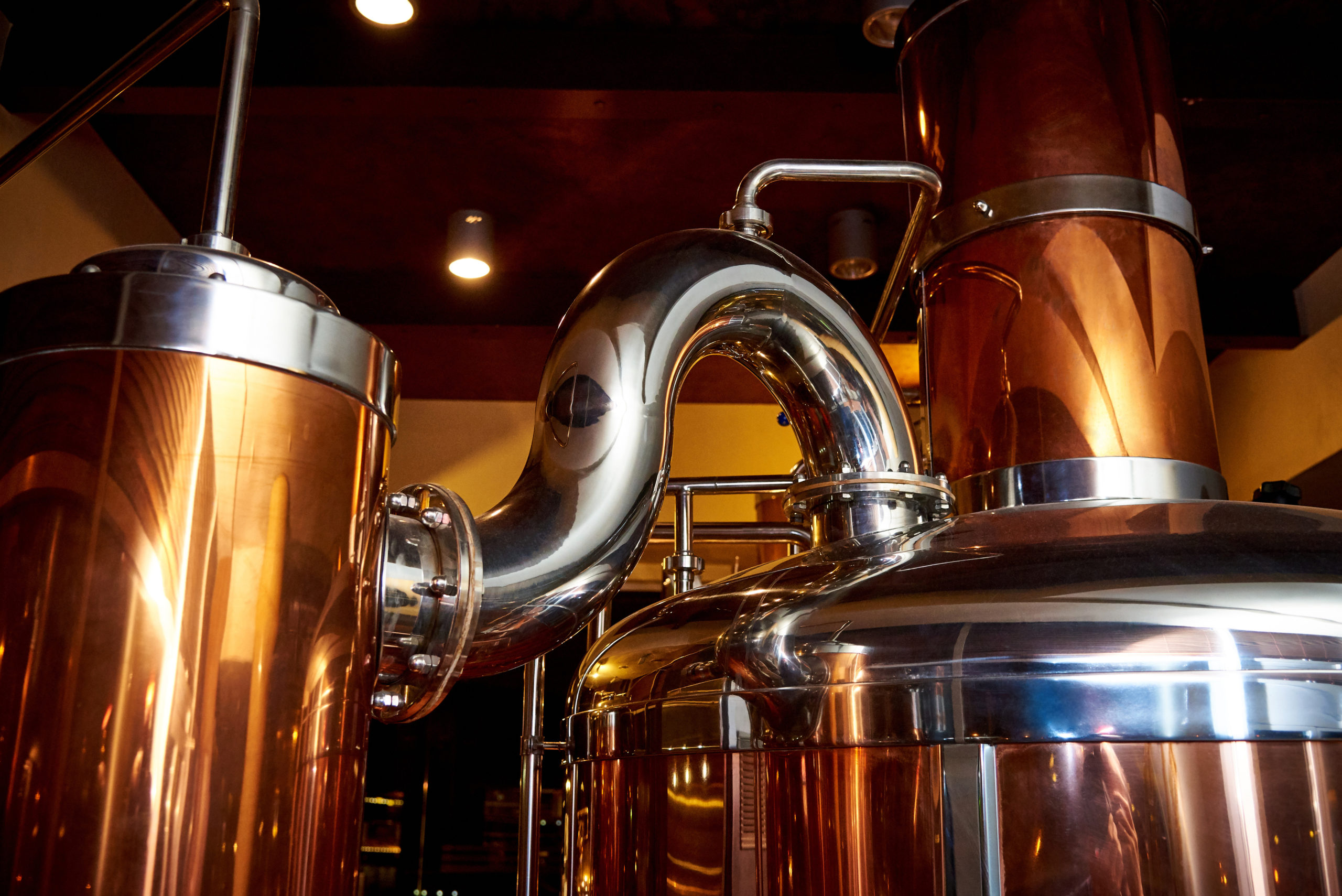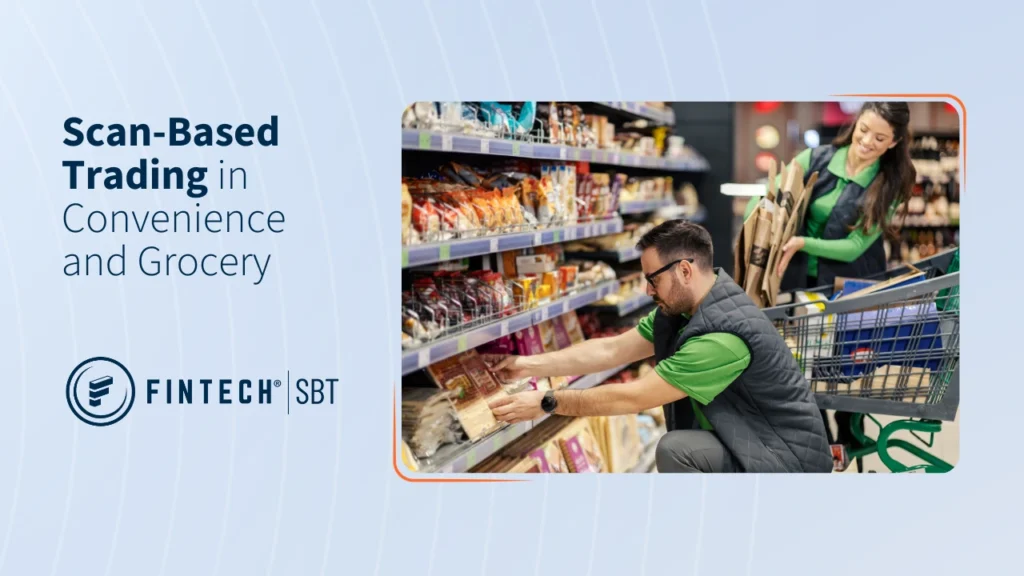So far in Fintech’s exploration of COVID-19’s effect on the alcohol industry, we’ve focused on the adjustments leading retailers have made to reopen safely, as well as the technology distributors are using to decrease their exposure. This fall we spoke with supplier clients of Lilypad, Fintech’s mobile-first CRM for alcohol sales, about how coronavirus has affected their teams and businesses. From tough losses to timely pivots to extraordinary charitable giving, these suppliers have been through the wringer. In this blog, we’ll share their stories, the tactics they’ve used to survive this unprecedented year, and their best guess at the future of alcohol sales.
By mid-March, mandatory shelter-at-home orders and on-premise closures were in full swing across the country, and none of the seven suppliers we interviewed were hit harder than Karl Strauss. Karl Strauss is the seminal craft brewery of San Diego, a distributor for a handful of other craft brands, and a massive retailer with over ten brewpubs and a tasting room. Chad Heath, VP of Sales and Marketing for Karl Strauss, described this pandemic as a “double-pronged sting,” as their own brewpubs were shut down and all of their distribution to on-premise retailers was stopped cold. With massive layoffs in their brewpubs and furloughs across every department, Karl Strauss would begin their plan to pivot and slowly claw their way back.
On the other end of the spectrum, two suppliers we interviewed ended up hiring new sales team members through the pandemic. Shotgun Seltzer, a fast-growing hard seltzer brand in Texas, had some hard decisions to make when the on-premise, which accounted for about 80% of their business, was knocked out. Lori Foster, Co-Founder at Shotgun Seltzer’s parent company, Texas Libations, said their November 2019 launch in off-premise groceries was like “divine intervention” as it provided a lifeline during the pandemic. General Manager, Craig Reeves, told us Shotgun Seltzer decided to “double down” on product and people — they repurposed the on-premise sampling budget to hire additional sales reps who had been recently let go from less fortunate suppliers and used their growing team to push into the off-premise.
Bardstown Bourbon Company, both a high-growth brand and a first-of-its-kind collaborative whiskey, bourbon, and rye distilling program, credited their innovative custom distilling model for their stability through the initial shock of this pandemic. Bardstown’s Vice President of Brand Sales and Marketing, Herb Heneman, shared that they were actually able to pick up new custom distilling contracts and hire three new sales reps to cover their growing footprint in 2020. Though they were able to bring on new business and employees, Bardstown, like the rest of our supplier clients we spoke with, would need to find new ways to tackle the market this year.
After the dust began to settle from the initial shutdowns, suppliers had to quickly adjust to new market conditions. For Rhinegeist Brewery in Cincinnati, that meant digging deeper to support their distributors in the near term. Matt Steinke and Gregg Wilson, Director of Sales and Kentucky Territory Manager respectively, were relieved to not furlough anyone on the sales team and credited Rhingeist’s upcoming 2021 employee stock ownership plan (ESOP) for creating a rallying cry as other breweries were laying folks off. Wilson recounted their team heading to grocery stores at 5:00 AM to help stock shelves to reduce distributor and customer exposure. The team hopes that their distributor partners will remember the time they spent together in the trenches going into 2021.
Of all the organizations we interviewed, none pivoted as drastically as Tattersall Distilling in Minneapolis, and we can bet the distributors, retailers, and community in Minneapolis won’t soon forget it. Before the shutdown was even official in Minnesota, the team at Tattersall was already working on converting their 40,000 square foot distilling facility into a hand sanitizer factory. In only three months, Tattersall had produced over 100,000 gallons of hand sanitizer through their AllHandsMN initiative and distributed most of it for free to first responders and essential workers. Any proceeds they made from the sanitizer were used to donate over one million meals to Second Harvest Heartland. Dan Oskey, Co-Founder and Chief Operator at Tattersall, told us how in the first three months of the pandemic, he and the team were working seven days a week to produce, bottle, and deliver sanitizer all over Minnesota. Before they could even begin to consider how to tackle off-premise liquor sales, the Tattersall team decided to devote their resources to tackling the pandemic in their community.
Two clients we spoke with were comparatively well-positioned when the coronavirus lockdowns began due to their existing presence in the off-premise, however, their organizations still had to adapt. Despite their recognizable sours being distributed in over 30 states and their strong chain presence, Destihl Brewing was still forced to furlough a large portion of their sales team, but fortunately was able to bring them back on after a month. Like some other clients mentioned, Neil Reinhardt, Director of Sales and Marketing, emphasized the importance of supporting their distributor partners in the first six weeks, particularly with stocking and merchandising.
For Duvel Moortgat, the lockdown meant parting ways with their part-time samplers and partially furloughing some of their sales team for three months. Cameron Killip, Business Controller at Duvel Moortgat USA, explained that when their team came back full-time they put a huge emphasis not only on distributor outreach but also on upskilling their sales team. On our call, Cameron used Lilypad Analyze reporting to see that the Duvel team had been splitting their time 50/50 between the on and off-premise in January of this year. Today, with the vast majority of their business in the off-premise, the Duvel team has made it a priority to shift their team’s focus accordingly.
Most of the clients we interviewed mentioned that they used any extra time created by the pandemic to train their teams. Karl Strauss and Rhinegeist both hosted weekly training sessions with their sales teams to dive deeper into the art of the off-premise sale. For reps who had previously specialized in on-premise sales, these training sessions focused on the data-driven approach and analytical language that tends to be more persuasive with off-premise buyers. Just before lockdown, Rhinegeist had Tom Fox train their team on how to leverage IRI data through Fintech’s InfoSource® (formerly Armadillo Insight) so they could begin to speak to retailers intelligently about opportunity packages, dollar per point, ideal SKU mix, and the right display for their store’s Rate of Sale. Those timely lessons proved invaluable in the coming months of continued education.
These clients put their new sell-sheets, off-premise one-sheeters, and distributor scorecards into the Lilypad Resource Center for their reps to access from the app in the field. Beyond the Resource Center, Shotgun Seltzer and their new reps told us just how valuable it was to have a clear direction for activity and accounts in Lilypad and how it helped them hit the ground running. Their new team was on a mission to gobble up as many new Points of Distribution as possible in the highly competitive seltzer segment and they used Lilypad to keep track of their reps’ goals and progress.
For the most part, the suppliers we spoke with returned to the basics of field execution during the pandemic. As the industry became more volatile, it didn’t make sense to maintain volume-specific incentive plans or the same goals for their individual reps. In the spirit of “one team one dream,” Rhinegeist switched all incentives to total volume for the whole organization. Duvel put incentives in place simply to ensure the right spread of off and on-premise activity then continuously measured it using Lilypad’s web reporting.
Beyond supporting distributors remotely, retraining their teams, and narrowing their focus, some suppliers we talked to needed to come up with innovative new ways to engage in a COVID world. Bardstown Bourbon took an aggressive approach to digitize its key touchpoints. They created a virtual 360 Tour of their stunning facility, began hosting virtual tastings with various groups, expanded their e-commerce effort, and tracked the interactions across the board to continuously improve their customer engagements. They weren’t alone in doubling down on digital. Tattersall began hosting their own virtual tastings to show off some new recipes and tell their story of adapting through the pandemic. Duvel repurposed their sampling budget to focus on digital ads and even began to run a case match with their distributors.
After a long year of twists and turns, these suppliers have pivoted and made the most of their situations. All of them were previously skewed toward the on-premise but now are focused anywhere between 70-90% on the off-premise. Going into the first quarter of 2021, no one seems particularly optimistic about the return of the on-premise. Karl Strauss anticipates doubling their off-premise business in 2021 and will be keeping a close eye on some key indicators to know when to pivot again – namely, Disneyland’s reopening schedule. Both Rhinegeist and Shotgun Seltzer expect their goals and targets will become more sophisticated as they move into 2021, particularly as they launch new distributors.
For Tattersall, their efforts will continue to shift back to the health of their business as things begin to stabilize in the country. They’ll be focusing on proving themselves in the off-premise like everyone else, but Dan Oskey also emphasized that no matter what, they will continue to support their community. Whether it’s by dropping off the hand sanitizer they have left or using their social media to help unemployed folks in the industry find jobs, Dan put the pandemic into perspective: “This is the industry I’ve given my life to, I want to help.” A big thank you to all of the Lilypad clients who shared their story with us. If there is anything Fintech can do to help your business, reach out to us.
Trey Steinhoff, Director of Product at Lilypad, A Fintech Company






